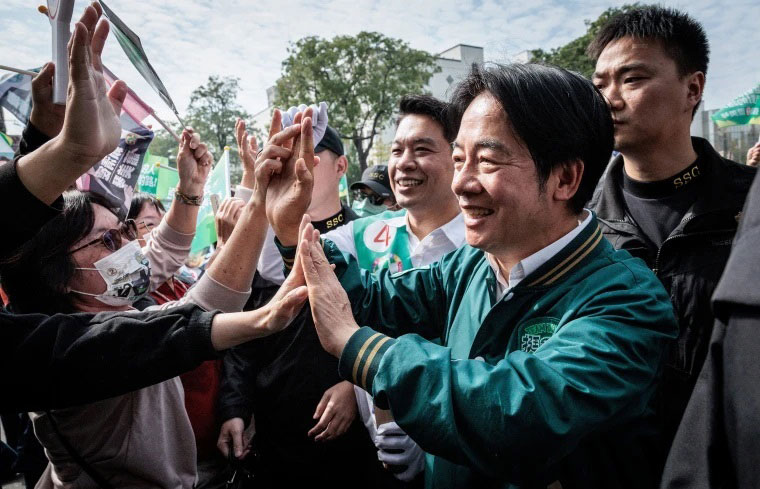In a closely contested presidential election, Lai Ching-te from the Democratic Progressive Party (DPP) emerged as Taiwan’s new president. However, Lai’s victory comes with the challenge of leading a divided parliament, as no party secured an outright majority. This article explores the implications of a split legislature and the potential impact on Lai’s policy agenda.
A Divided Parliament
Lai Ching-te won the presidential election with 40% of the popular vote, but his party, the DPP, lost 10 seats in the 113-seat Legislative Yuan, relinquishing its majority. The main opposition party, Kuomintang (KMT), secured 52 seats, one more than the DPP. The Taiwan People’s Party (TPP) emerged as a significant player, holding eight seats that could potentially make them a kingmaker in forming a coalition government.
Coalition Building and Policy Moderation
With no party having a clear majority, Lai Ching-te’s ability to pass legislation and implement his policy agenda will heavily depend on coalition-building and consensus-building efforts. The KMT, in its position as the largest opposition party, may seek to form a coalition with the TPP, potentially tempering their combative stance. Cooperation between these parties could moderate Lai’s policy agenda and bring a more balanced approach to governance.
Prospects for Consensus
Lai Ching-te has expressed his commitment to forging consensus in a divided legislature. He understands the need to build a new political environment that fosters communication, consultation, participation, and cooperation. As Lai’s administration faces challenges in passing legislation, he will need to engage with other parties, particularly the TPP, to secure their support and create a majority coalition. The TPP’s policy positions are not set in stone, giving them the flexibility to cooperate with either the DPP or the KMT on various issues.
China-Taiwan Relations
Lai’s victory raises questions about the future direction of Taiwan’s relationship with China. While the DPP has traditionally taken a more assertive stance on Taiwan’s sovereignty, Lai has refrained from provocative pro-independence rhetoric during his campaign. Observers anticipate that Lai’s administration may adopt a more restrained China policy, aligning with the KMT and TPP’s more conciliatory posture. However, Beijing’s response remains uncertain, and tensions between the two sides are likely to persist.
Challenges and Opportunities
The split legislature presents both challenges and opportunities for Taiwan’s democracy. On the one hand, Lai will face difficulties in advancing his policy agenda without broad consensus or support from coalition partners. On the other hand, the need for compromise and consensus-building could lead to more inclusive decision-making processes and a strengthening of Taiwan’s democratic institutions.











